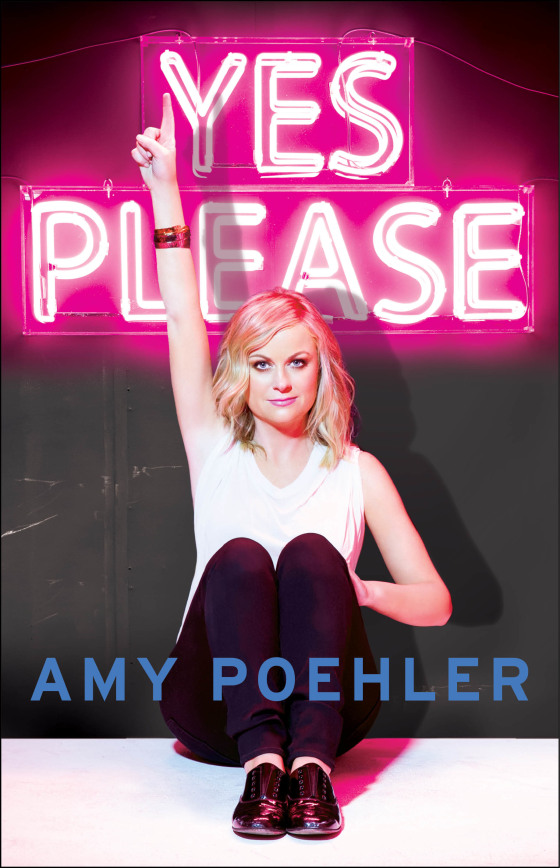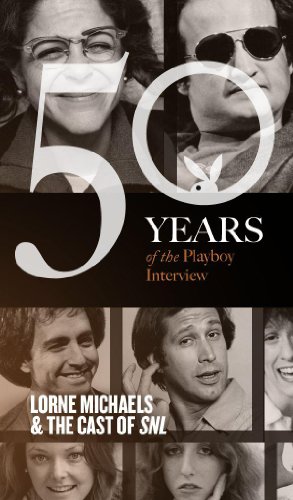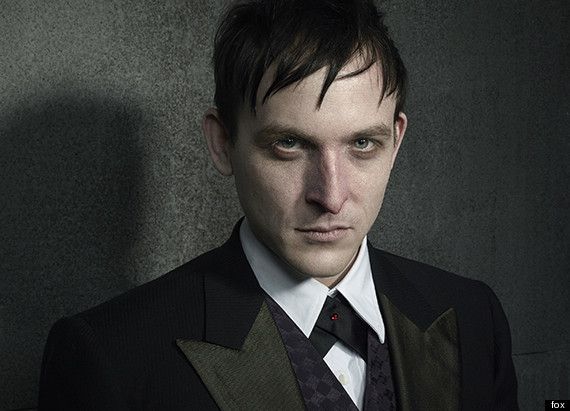I read a few Stephen King novels when I was younger (Cujo, Pet Sematary, The Shining, Carrie) and have sporadically read since ("11/22/63" being the most recent and best one in memory).
I picked up "Revival" after seeing it in the bookstores while Christmas shopping.
The story starts in the early '60's with a young boy in a small town playing in his yard when he meets the new town preacher, a young man on his first placement. The story doesn't go in the necessarily obvious direction - the preacher isn't a child predator, but there are precursors to later weirdness.
The preacher has a wife and son, and has a hobby playing with electricity, which he uses to demonstrate lessons in his religious classes for the kids of the town. He also uses electricity and placebo-psychology to cure a lost voice of the young boy's brother who was injured in a skiing incident. A family accident and a loss of faith spell the end to the preacher's time in the small town.
All in all, the book builds across time - ends in the present time from the 1960's, with the young boy meeting the preacher in several different times and places over the next 40 years or so.
As with other King novels, you do get dragged into the story, and the characters are fleshed out enough to be interesting.
Unfortunately, I didn't find the climax of this book to be interesting enough to support the entire book - there is a few pages of occult-type action, but it doesn't explain the book incidents well enough to make the story cohesive. What the "force" actually is, and why the narrator character is involved remains vague to me, partially to keep the force mysterious, but not in what I'd consider a consistent manner.
SPOILERS
What I really found odd, was that the use of the "force" through the book was a cure for many ills (not all of them), with side-effects (depression and visions, enough to cause occasional suicides and incarcerations at mental institutions) in small numbers of the "cured". The climax was using the "force" to bring someone back from the dead to see what was on the other side, which is substantially different. It wasn't clear why this experiment caused the suicide-murder spree of the "cured" victims (except the narrator).
Maybe a more fleshed out explanation of the "banned" book might have helped, or some history of experiments in trying to bring back the dead would have rounded out the story (maybe some sub-plot of uncaught serial killer, all victims having terminal illnesses and bodies found with odd burns - a serial mercy-killer would have made great 24 hour news headlines).
Though I am not motivated to go back and look, it wasn't at all clear to me what the narrator's role was and why he was critical to the success of the experiment, not why (aside from greater understanding than the other "curees") he was able to survive. I was quite disappointed in how "weak" the climax was and how relatively easy it was to stop.
Not high on my recommended list.








